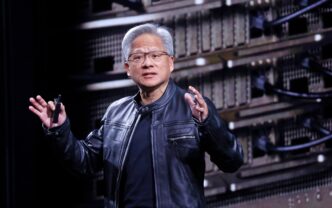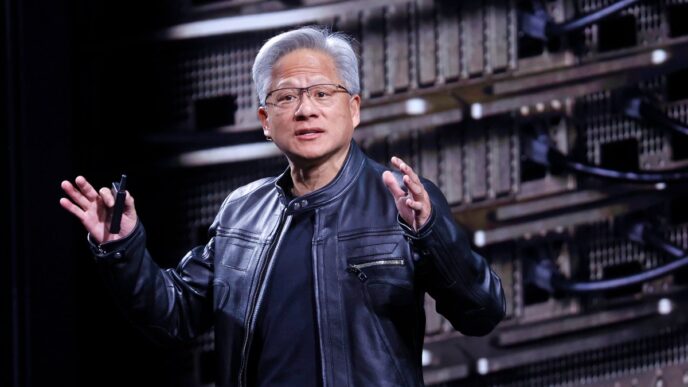Meta is rethinking its AI strategy. The company’s Superintelligence Lab is reportedly shifting away from its open-source model, Behemoth, in favor of a closed AI model, according to The New York Times.
Meta finished training Behemoth but delayed releasing it after internal tests showed “underwhelming” performance. Testing reportedly stopped as the Superintelligence Lab launched.
Meta’s CEO Mark Zuckerberg still needs to approve any final decision. A company spokesperson told TechCrunch the official stance on open source AI is “unchanged.”
“We plan to continue releasing leading open source models,” a Meta spokesperson said.
“We haven’t released everything we’ve developed historically and we expect to continue training a mix of open and closed models going forward.”
The spokesperson declined to comment on the potential pivot away from Behemoth. Such a shift would mark a major turn from Meta’s public support of open source, which Zuckerberg has promoted as a key advantage over closed models like OpenAI’s.
Behind the scenes, Meta is under pressure to monetize its massive AI investments, including huge researcher salaries, data center expansion, and AGI development costs. Despite a top AI lab, Meta trails rivals like OpenAI, Anthropic, Google DeepMind, and xAI in commercializing AI breakthroughs.
Zuckerberg has expressed mixed feelings on open source. Last summer, he said:
“We’re obviously very pro open source, but I haven’t committed to releasing every single thing that we do. I’m basically very inclined to think that open sourcing is going to be good for the community and also good for us because we’ll benefit from the innovations. If at some point, however, there’s some qualitative change in what the thing is capable of, and we feel like it’s not responsible to open source it, then we won’t. It’s all very difficult to predict.”
Closing up models would give Meta more control and new monetization paths — if its top talent delivers the competitive edge it needs.
This could slow the momentum of open-source AI, which Meta helped lead with models like Llama. The shift could hand more power back to closed-ecosystem giants and impact startups relying on open foundation models for fine-tuning and safety work.
Internationally, Meta ceding open source ground could strengthen China’s AI scene, where open-source projects like DeepSeek and Moonshot AI lead domestic capabilities and influence.














